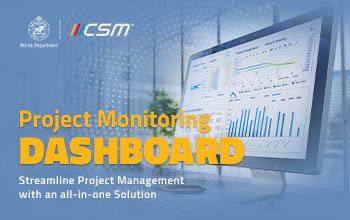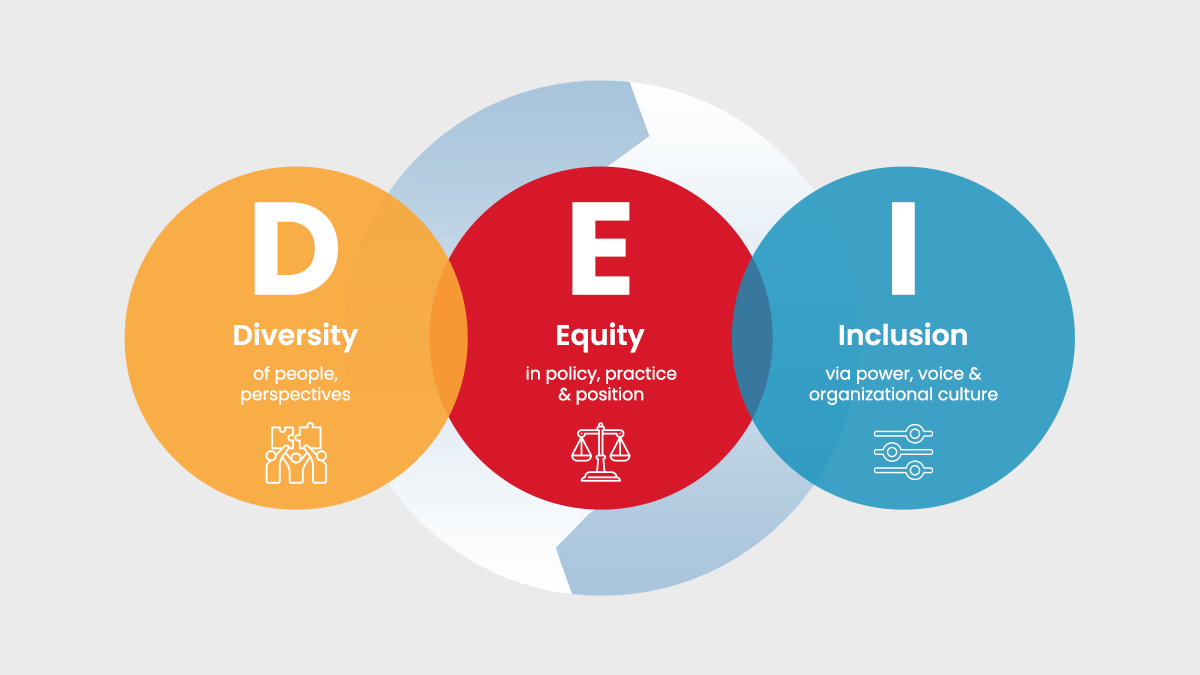It will be fascinating to watch in awe a fully driverless car whizzing past a street. But most baby boomers won’t believe it unless they see it. And it hasn’t happened yet. Many bet it is still a decade in the waiting for driverless or autonomous vehicles to take over the ageing oil guzzlers. Trial runs are on in Europe and the United States. And Indian coders are behind the tentative starts to sustainable and driverless mobility.
.jpg)
Did you ever think what it takes to build an autonomous electric vehicle (EV)? One billion lines of code! Indian techies are writing nearly 35 percent of the code. The code written by these developers is a part of trial runs in European countries. It goes on to validate the role of Indian techies in powering the future of carbon-neutral transportation. Today, more than 50,000 software engineers in India work with global automakers across functions like safety and automation. Around 60 percent of this innovative cohort is engaged in safety and other critical car features ranging from partial driving automation to full automation.
It’s crucial here to understand the making of an autonomous vehicle. Designing driverless cars is complex and it needs a deep and subtle understanding of technologies. This is why Tesla even after having over 1000 dedicated engineers working for more than 10 years hasn’t got the final product rolling on the road. A fully autonomous EV has 60-70 electronic controllers for managing the windows, seats, and brakes independently. Experts predict that in the next stage, there will be domain controllers that will integrate 10-20 independent controllers into one. This suggests only four or five domain controllers can control functions such as the entire chassis or the braking system.
.jpg)
As the development and adoption of autonomous vehicles gain currency, the world will see heightened demand for skilled techies. Both the US and Eurozone will experience an amplified resource crisis and India will play a key role to close in the gap.
But beyond manpower shortfall, other concerns are stalking the acceptance and adoption of autonomous vehicles. Despite the growing acceptance of driverless technology, progress is undeniably slow. The good thing is that moneybags like SoftBank remain heavily invested in autonomous driving, connectivity, electrification, and shared mobility (ACES) trends. With its recent investment in Cruise and Nuro. ai, SoftBank now has a stake of more than $9 billion in autonomous driving, making it a strong player in the mobility space.
One billion lines of code is what it takes to design a fully autonomous electric vehicle. And Indian coders are decoding this story of driverless transformation. More in this blog :https://t.co/UJRdAF950G@Tesla @Tesla_Asia @EvmiLtd #ElectricVehicles #automation
— Priyadarshi Nanu Pany (@NanuPany) January 12, 2023
Though our roads still await fully autonomous vehicles, their forerunners like Robo taxis are up and running. In California for instance, Robo taxis have got the green light. A fleet of 30 electric AVs has been permitted to charge San Francisco passengers for rides between 10 pm and 6 am. It is the closest that we have now to driverless mobility.
Mobility as a Service (MaaS) will undergo a major transformation as driverless vehicles reshape the future in the years to come. The mobility sector will turn into a crucible of experiments in niche technologies. Also, it will be a ground zero for the convergence of industries automotive, transportation, software, hardware, and data services. Indian coders will lead the turnaround in this transformation.
This blog was originally published in Priyadarshi Nanu Pany's Medium account, also available on his LinkedIn account.


























































We will verify and publish your comment soon.